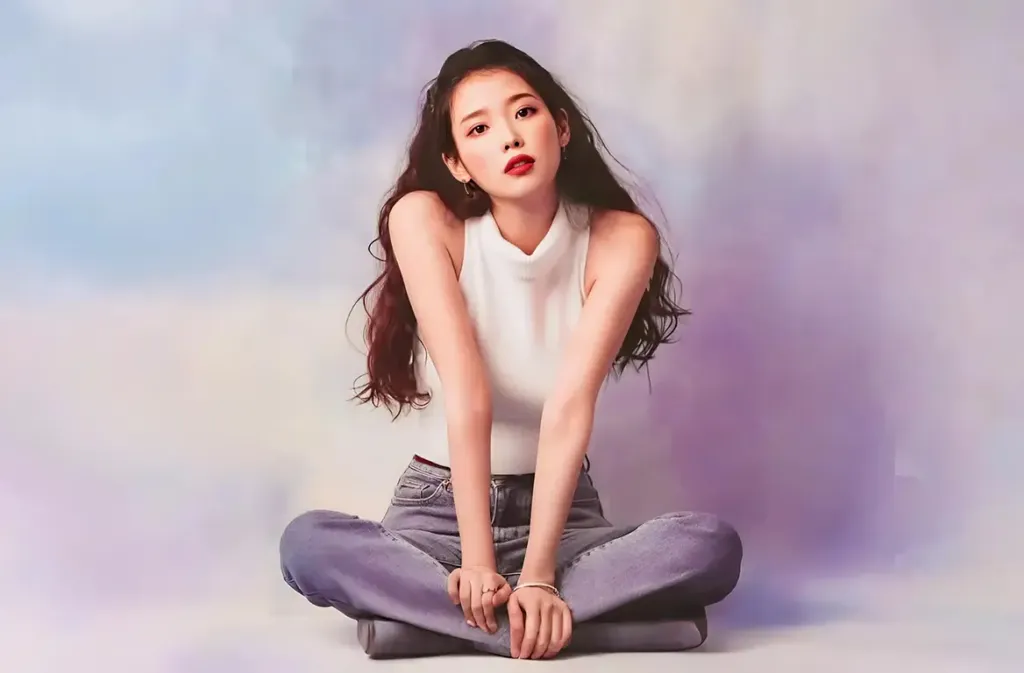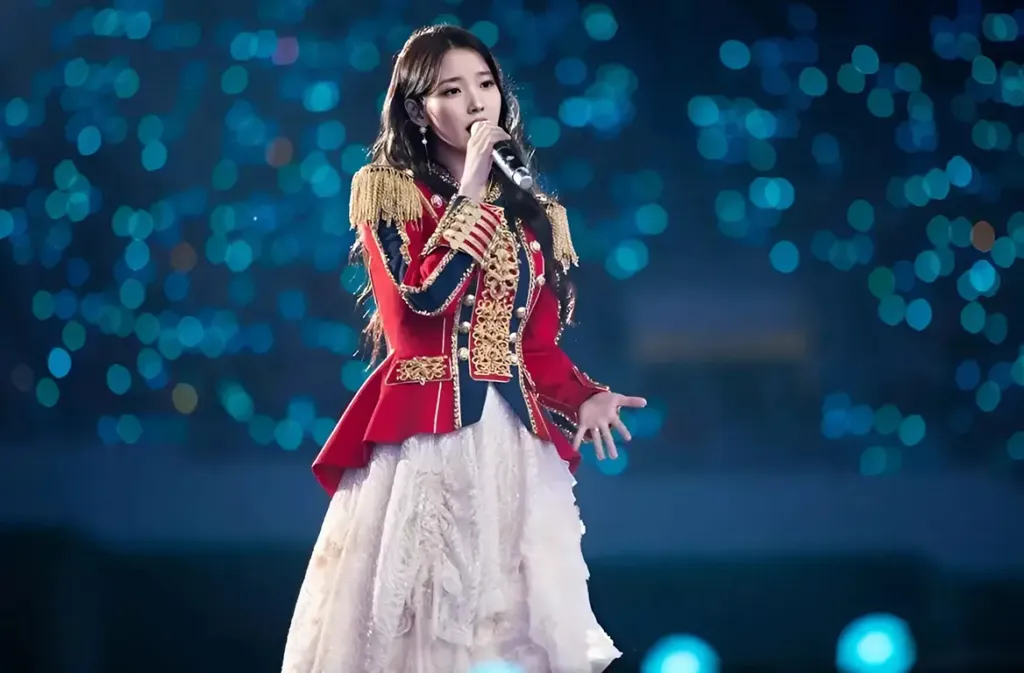IU (born Lee Ji-eun) is a South Korean singer, songwriter, and record producer. Throughout her solo career, she has been recognized as an artist who directly participates in and controls the majority of the creative process, including songwriting, aesthetic direction, and sound structuring for her personal works.

The studio album Real (2010) marked the period when IU began to involve herself more deeply in music production. By the release of the album Palette (2017), she was considered to have established a proactive role in composing and production coordination. According to the Circle Chart, Palette sold over 97,000 physical copies in its first year of release and topped numerous digital charts in South Korea. The title track of the same name, a collaboration with G-Dragon of Big Bang, achieved a “Perfect All-Kill,” meaning it ranked number one on all domestic real-time music charts.
IU’s compositions typically focus on narrative-driven content and introspective perspectives, prioritizing direct storytelling over abstract emotional expression. The song “Twenty-Three” (2015) is regarded as a prime example, in which IU constructs the image of a young female character under the scrutiny and judgment of the public and the media. The song previously sparked controversy regarding the interpretation of the character Zezé from the novel My Sweet Orange Tree. IU later acknowledged these mixed reactions but did not alter her creative direction in subsequent projects.
In terms of genre, IU has released works spanning various styles such as ballad, pop, alternative R&B, retro funk, synth-pop, and acoustic folk. “Through the Night” is a minimalist ballad based on acoustic guitar; “BBIBBI” features R&B tones with a delivery close to speech; “LILAC” follows a retro-pop style inspired by 1980s disco; while “Eight” combines elements of pop-rock and alternative.

IU’s songwriting style is often noted for its clear rhythmic structure and consistent narrative flow. In a March 2021 article, Billboard magazine remarked that IU’s strength lies in her mastery of narrative structure and precision in lyrical execution.
According to the Korea Music Copyright Association, as of June 2024, IU holds the copyrights to over 70 works as a lyricist or co-composer. This portfolio includes television soundtracks, independent singles, and collaborative projects across diverse musical genres.
Within the South Korean entertainment industry, IU is viewed as a prominent case due to her high degree of autonomy in personal music composition and production, while maintaining a public image associated with friendliness and widespread popularity.